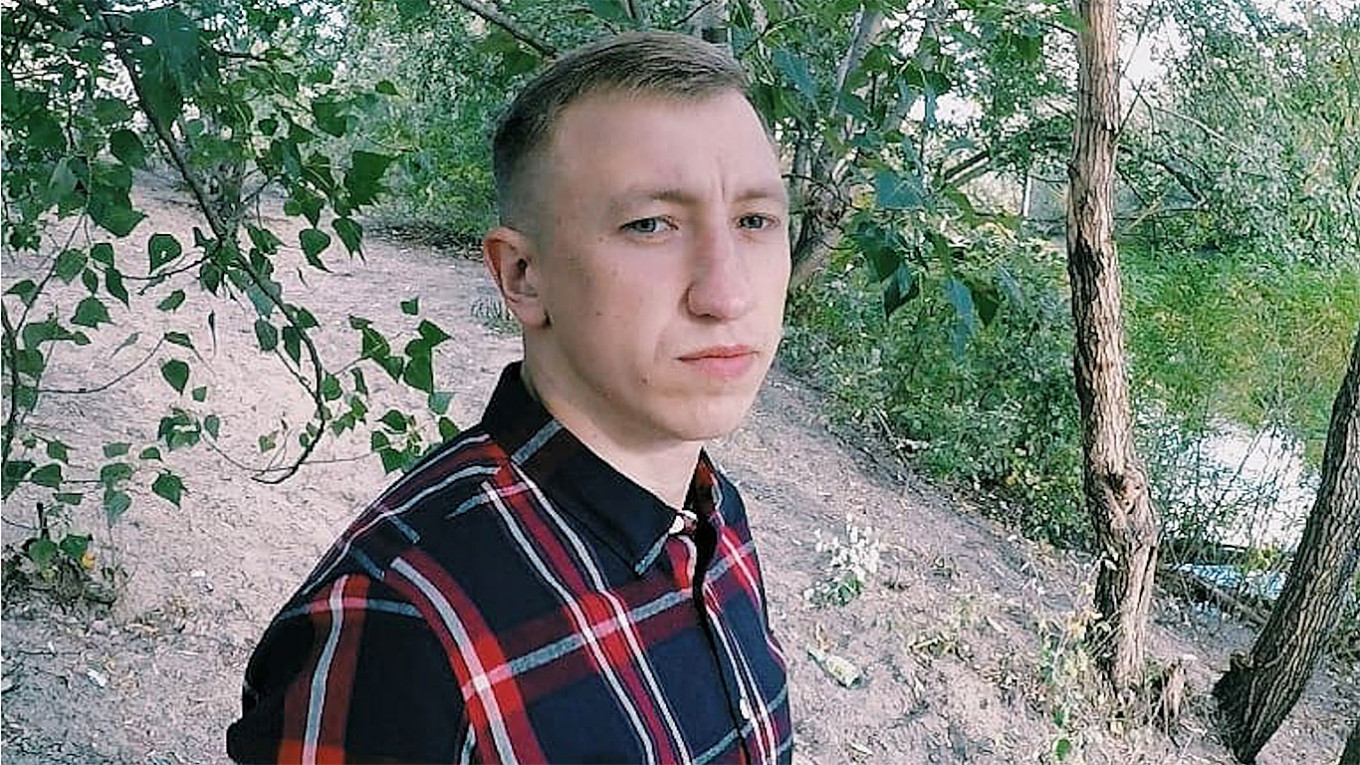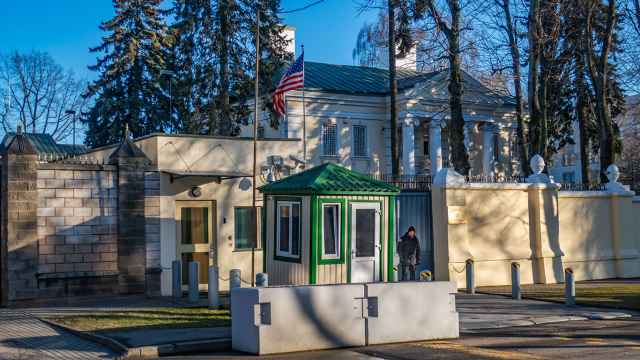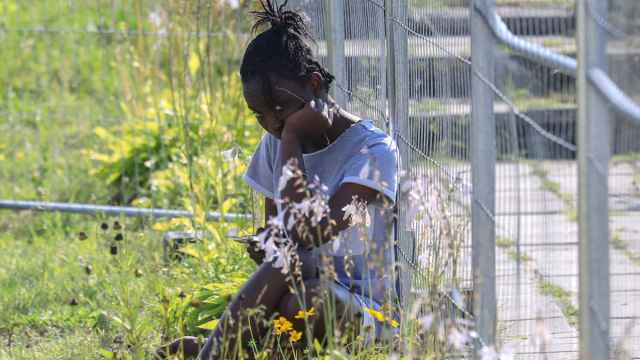A missing Belarusian dissident was on Tuesday found hanged in a park in Ukraine, with police opening a murder probe and supporters accusing the regime of Alexander Lukashenko of killing the activist who helped his compatriots flee repression.
Vitaly Shishov, 26, headed the Belarusian House in Ukraine, a non-governmental organization, and was involved in everything from helping fellow compatriots settle in Ukraine to staging anti-regime protests.
Belarus strongman Lukashenko, who has been in power since 1994, has been cracking down on any form of dissent since mass protests erupted after last year's elections, deemed unfair by the West.
Many Belarusians have fled, often to neighboring Ukraine, Poland and Lithuania.
"Belarusian citizen Vitaly Shishov, who had gone missing in Kiev yesterday, was today found hanged in one of the Kiev parks, not far from where he lived," the police said in a statement.
It said they had opened a murder probe.
Igor Klymenko, head of the national police, told reporters police were pursuing two main leads: suicide and murder disguised as a suicide. He said the activist had scratches on his nose and body which were consistent with a fall.
An AFP journalist saw several police cars and dozens of police at the scene, some carrying black bags.
The activist went jogging in Kiev on Monday morning but did not return and could not be reached on his mobile phone.
The Belarusian House in Ukraine accused the Lukashenko regime of being behind the murder of Shishov.
"There is no doubt that this is an operation planned by Chekists to liquidate a Belarusian who presented a true danger to the regime," the NGO said in a statement, referring to security service agents.
Shishov moved to pro-Western Ukraine in the autumn of 2020, after joining anti-government protests in Belarus, and helped establish the Belarusian House in Ukraine.
The NGO said that it had repeatedly received warnings about possible "provocations, including kidnapping and liquidation" and that Shishov had been followed.
Belarusian authorities have used force to put down historic demonstrations against Lukashenko's rule and have been trying to snuff out remaining dissent, jailing university students and shutting down independent media.
Belarus has a history of political killings and disappearances, and regime critics have claimed that the Belarusian security services run death squads that hunt down and target Lukashenko opponents.
The United Nations called on the Ukrainian authorities to conduct a "thorough, impartial and effective investigation."
"This adds another level to our concerns and our worries about what is happening in Belarus," UN human rights spokeswoman Marta Hurtado told reporters in Geneva.
"The situation is deteriorating clearly."
Speaking to reporters after meeting UK Prime Minister Boris Johnson in London on Tuesday, exiled Belarusian opposition leader Svetlana Tikhanovskaya said the activist's death was a "crime" but she wanted to wait for the results of the probe.
She also said she understood she "can disappear at any moment."
"Even abroad Belarusians cannot be safe as long as there are those who are trying to take revenge on them and hide the truth by getting rid of the witnesses," Tikhanovskaya said in a statement on messaging app Telegram earlier in the day.
Last week, Lukashenko praised his security services in a speech in which he also slammed rights activists and called Tikhanovskaya a "nasty woman."
He claimed the opposition was armed and "was ready to go from words to actions at any moment."
The head of the KGB security service, Ivan Tertel, said that Ukraine, Poland, and the Baltic states had US-backed "centers for information and psychological operations" which they used to "isolate" Minsk.
Shishov's death came as Belarusian athlete Krystsina Tsimanouskaya said she was forced to withdraw from the Tokyo Olympics and threatened with forced repatriation for criticizing her athletics federation.
The sprinter, who was granted a humanitarian visa by Poland on Monday, said she feared being jailed if she returned to her country.
Lukashenko sparked international outrage in May by dispatching a fighter jet to intercept a Ryanair plane flying from Greece to Lithuania in order to arrest a dissident onboard.
A Message from The Moscow Times:
Dear readers,
We are facing unprecedented challenges. Russia's Prosecutor General's Office has designated The Moscow Times as an "undesirable" organization, criminalizing our work and putting our staff at risk of prosecution. This follows our earlier unjust labeling as a "foreign agent."
These actions are direct attempts to silence independent journalism in Russia. The authorities claim our work "discredits the decisions of the Russian leadership." We see things differently: we strive to provide accurate, unbiased reporting on Russia.
We, the journalists of The Moscow Times, refuse to be silenced. But to continue our work, we need your help.
Your support, no matter how small, makes a world of difference. If you can, please support us monthly starting from just $2. It's quick to set up, and every contribution makes a significant impact.
By supporting The Moscow Times, you're defending open, independent journalism in the face of repression. Thank you for standing with us.
Remind me later.






